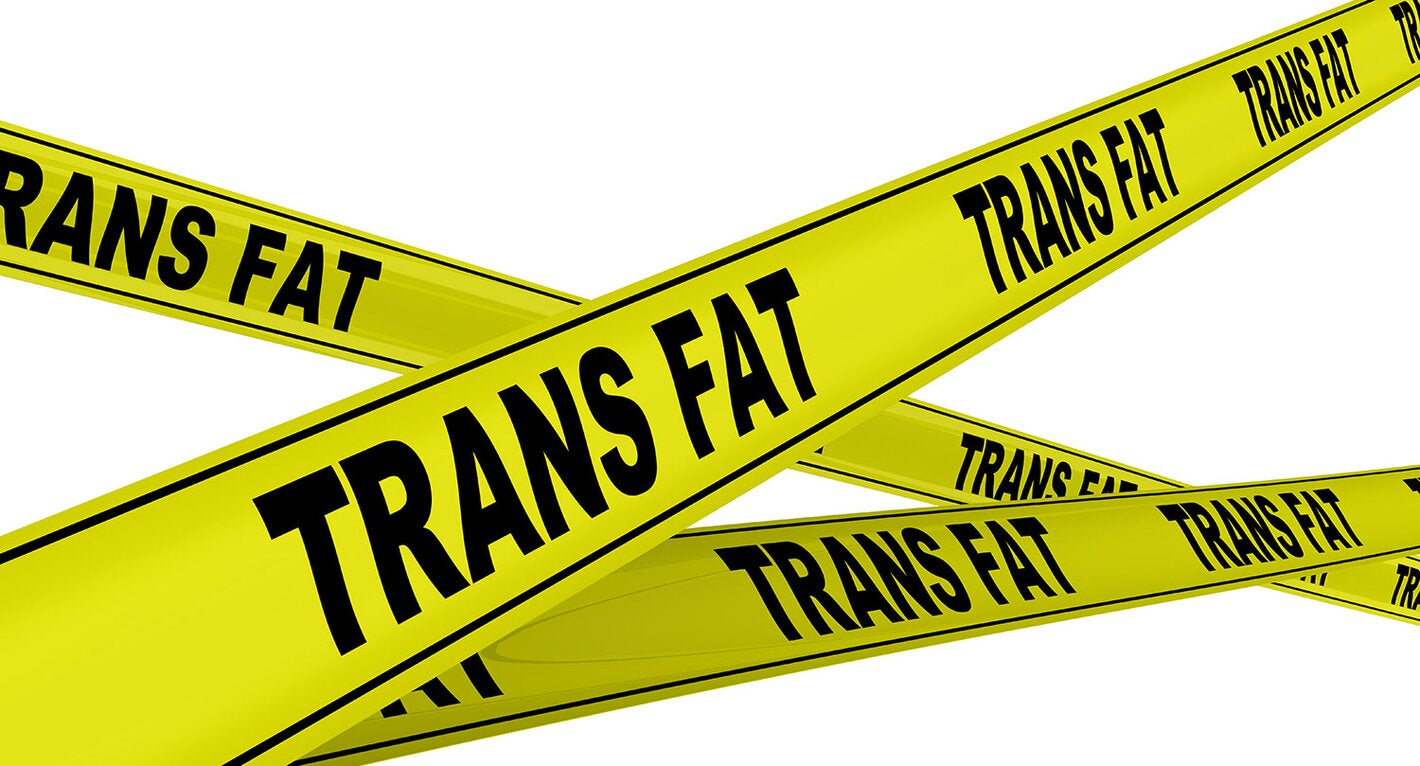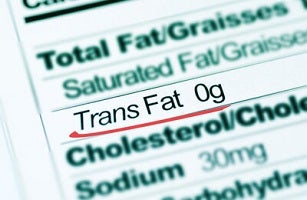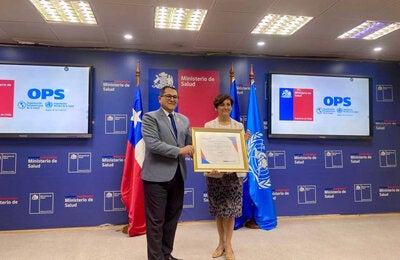
Used in snack foods, fried foods and baked goods, trans fats are linked to coronary heart disease, which is the leading cause of death in the Americas.
Washington, D.C. August 13, 2021 – Brazil and Peru have joined the increasing number of countries in the Americas taking action to eliminate industrially produced trans fats, which are estimated to cause around 160,000 deaths from coronary heart disease annually in the region.
“Industrially produced trans fats have ended millions of lives since they were introduced by manufacturers of ultra-processed food products 100 years ago,” said Anselm Hennis, Director of the Pan American Health Organization (PAHO) Department of Noncommunicable Diseases and Mental Health. “These new regulations introduced by Peru and Brazil will improve the health and well-being of their populations.”
In July, Law No. 30021 went into effect in Peru, limiting the use of industrially produced trans fats to no more than 2% of total fat in food products, which effectively eliminates their use. This law also prohibits the use of partially hydrogenated oils (PHOs), which also effectively eliminates trans fats.
Last month, Brazil began the implementation of regulation RDC 332/2019, which applies the 2% limit. Brazil is expected to ban PHOs by January 2023.
Peru and Brazil join three other countries – Canada, Chile, and the United States – that had already eliminated the use of industrially produced trans fats in food products.
These regulations implemented by all five countries align with the PAHO Plan of Action to Eliminate Trans-fatty Acids from Industrial Production 2020-2025, which proposes the elimination of fats through the 2% limit, a ban on PHOs, or a combination of these measures.
“These countries have been at the forefront of protecting the public health against industrially produced trans fats,” said Dr. Hennis. “The implementation of these regulations is the culmination of years of effort, and we anticipate other countries in the Americas soon following suit.”
Uruguay and Paraguay are on their way to eliminating industrially produced trans fats, according to a 30-country survey of steps taken to eliminate industrially produced trans fats. Both countries have approved the 2% limit for trans fats, but this will not go into effect until 2022 in the case of Uruguay and 2024 in the case of Paraguay.
Three other countries – Argentina, Colombia, and Ecuador – have enacted policies that require amendments to meet the benchmark set by the PAHO plan to eliminate industrially produced trans fats and by the World Health Organization’s (WHO) call to eliminate these fats by 2023. The WHO program is known as the REPLACE action package.
Industrially produced trans fats found in ultra-processed foods
Industrially produced trans fats are found in hardened vegetables fats such as margarine and vegetable ghee. These fats are used in baked goods, fried foods, and many snack and ultra-processed food products.
Globally, the best available estimate using a comprehensive analytic approach suggests that in 2010, 537,000 deaths from coronary heart disease were attributable to consumption of industrially produced trans fats. Of the 160,000 deaths that occurred in the Americas, 45% were premature.
Contacts
Daniel Epstein
Nancy Nusser
Sebastián Oliel
Ashley Baldwin
Nadia Peimbert-Rappaport
mediateam@paho.org




